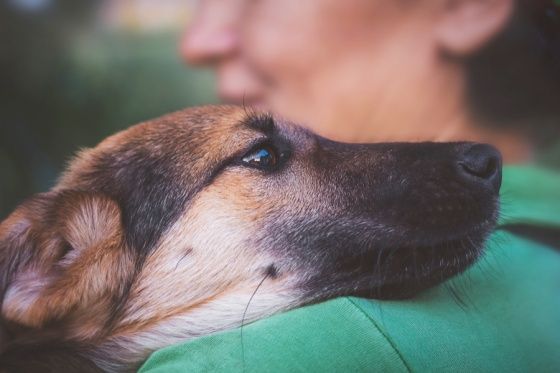Hookworms in Punta Cana???
A reason to give Heartworm Pills?
Did you see the recent report of the young couple that went to Punta Cana on Vacation? They visited a resort and begin to experience itchy feet. When they returned to Canada, the doctors were a bit puzzled, until they discovered that the young couple had cutaneous larval migrans. This condition is caused as the hookworm parasite migrates through the skin of an infected host, in this case these two people. They seem to have contracted the parasites from walking barefoot on the beach at their resort. EWWWW!
According to the Centers for Disease Control, Hookworm infections infect 600 to 700 million people worldwide. Hookworm infections were common in the United States 100 years ago, but it was thought to have been eradicated with the advent of septic systems and sewer systems. However, a study in 2017 discovered an Alabama community in which about 1/3 of the people were infected with a species of Hookworms.
So what are hookworms? They are small parasites that are carried by different species of mammals, specifically dogs and cats. These parasites live in the intestinal tract and shed eggs into the feces. These eggs develop as the feces lies on the ground and then develop into larva. These larva can then reinfect a dog or cat through the skin. The parasite is also contracted through contact with feces, through the placenta, and via the mother's milk.
So what are the symptoms? In dogs and cats, clinical infestation is typically subclinical (no signs noted). Typical clinical signs include diarrhea, blood in the feces, rough haircoat, abdominal pain, inappetence, and failure to thrive.
How are hookworms diagnosed? Hookworm eggs can be detected by testing the feces. This is one of the many parasites that we check for when you bring in a yearly fecal sample (intestinal parasite test)
How are hookworms treated? The treatment involves one or two doses of oral medication. Interestingly enough, the monthly heartworm pills also serve as a monthly deworming. This helps to clear out low level infections.
Hookworms are one of the many Zoonotic diseases that we see in dogs and cats. As noted with the young couple from Canada, the larva can migrate through the feet and into the skin. Typically the infection is limited there, but rare cases can be seen of migration through the body. As this parasite looks for a host, it can do some damage to organ tissue. These parasites can even end up in the eye, rarely resulting in blindness. Humans don't act as a natural host, and it is thought that hookworms from animal do not cause mature worms in humans. The risk of infection to humans is one of the main reasons that we emphasize a monthly heartworm and intestinal parasite preventative every month, all year long. This is also one of the main reasons that removing feces from your yard helps to limit then chance of the larva getting into the soil, waiting for you or your pet to walk over them.....













